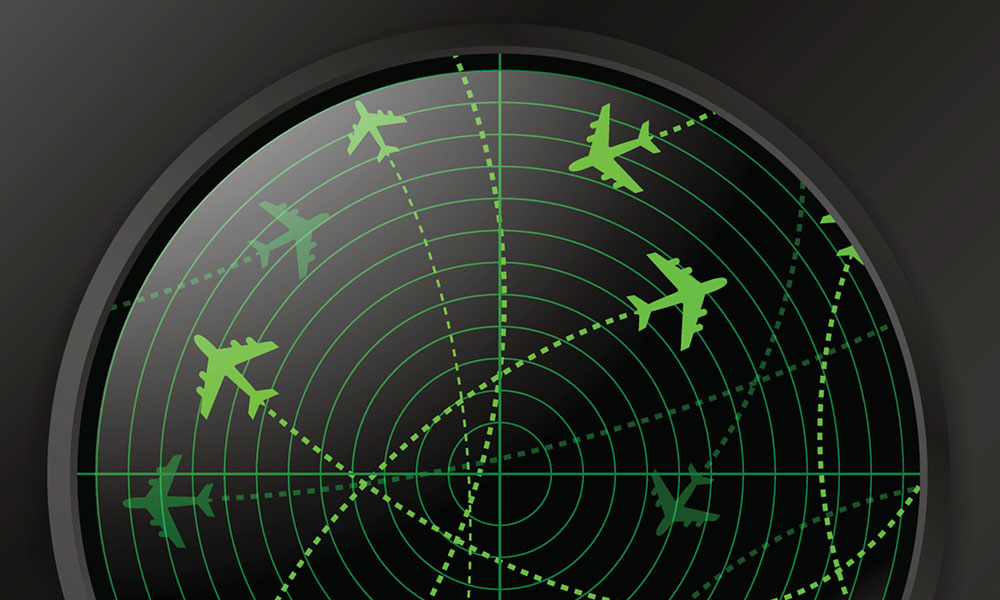
Flight 370: Airline Group Works With UN to Boost Flight Tracking
Two months after Malaysia Airlines Flight 370 went missing, the International Air Transport Association has started work with a branch of the United Nations to improve flight-tracking systems.
The path hasn’t been fully laid out yet, but the message is clear: Nobody wants a repeat of Malaysia Airlines Flight 370, and aviation regulators are ready to take steps to prevent it from happening again.
That’s the main takeaway from a meeting of the International Civil Aviation Organization (ICAO), a United Nations branch whose governing council met in Montreal this week to discuss the need for flight tracking of planes coasting over oceans.
The countries represented on the council agreed that improved tracking is needed but did not agree to any specific mandatory standards, indicating that the process to develop such rules would likely be lengthy. Meanwhile, the International Air Transport Association (IATA), the trade group that represents the airline industry, said it will come up with rules of its own over the next few months, with a task force offering ICAO guidance along the way.
“They’re going to take it and obviously they will review it very closely and take it to their commission, but we have a much better chance of the … standards coming back the other way to basically embrace what we’re already doing,” IATA Senior Vice President for Safety and Flight Operations Kevin Hiatt told Reuters.
A Tragedy Lingers
The plan comes roughly two months after the flight from Kuala Lumpur to Beijing went missing. The search for the lost plane at one point extended from Kazakhstan to the southern Indian Ocean. In recent weeks, searches have focused on an area roughly 1,000 miles west of the Australian west coast.
Royal Australian Air Force Air Chief Marshal Angus Houston, who is leading the ongoing effort to find the plane, told CNN the search is the most difficult in history, though modern technology could improve the chances of locating the wreckage.
The tragedy led the IATA to call for improved tracking standards last month.
The agreement with the ICAO helps set the stage for these standards. The rules IATA develops—to be set by a 20-member task force—will be voluntary, as the trade group cannot force airlines to buy the necessary equipment, estimated to cost as much as $100,000 per plane. A number of options are on the table, officials say.
Hiatt emphasized in comments to USA Today that airlines have a good record of following voluntary standards.
“We can’t force our members to do anything,” he said. “Based on what we’ve seen with public perception, I think we’ll see some pretty good participation.”
The task force will offer recommendations for tracking planes by September.
(iStock/Thinkstock)






Comments